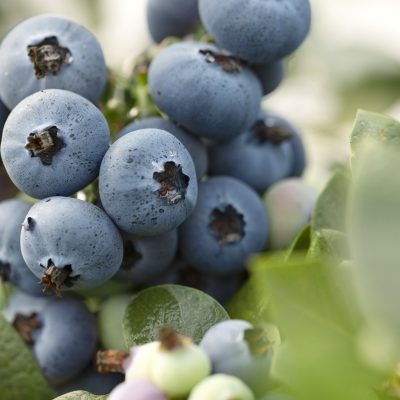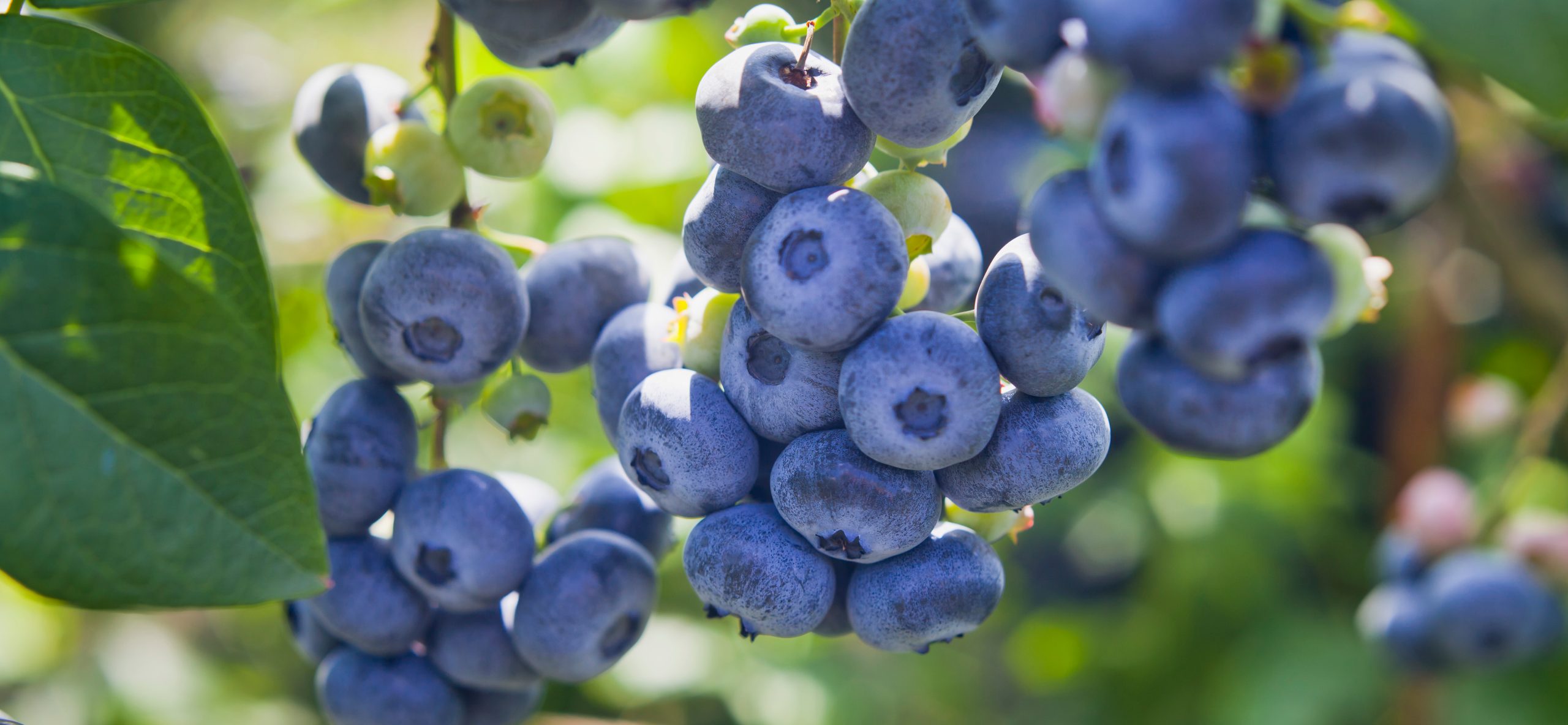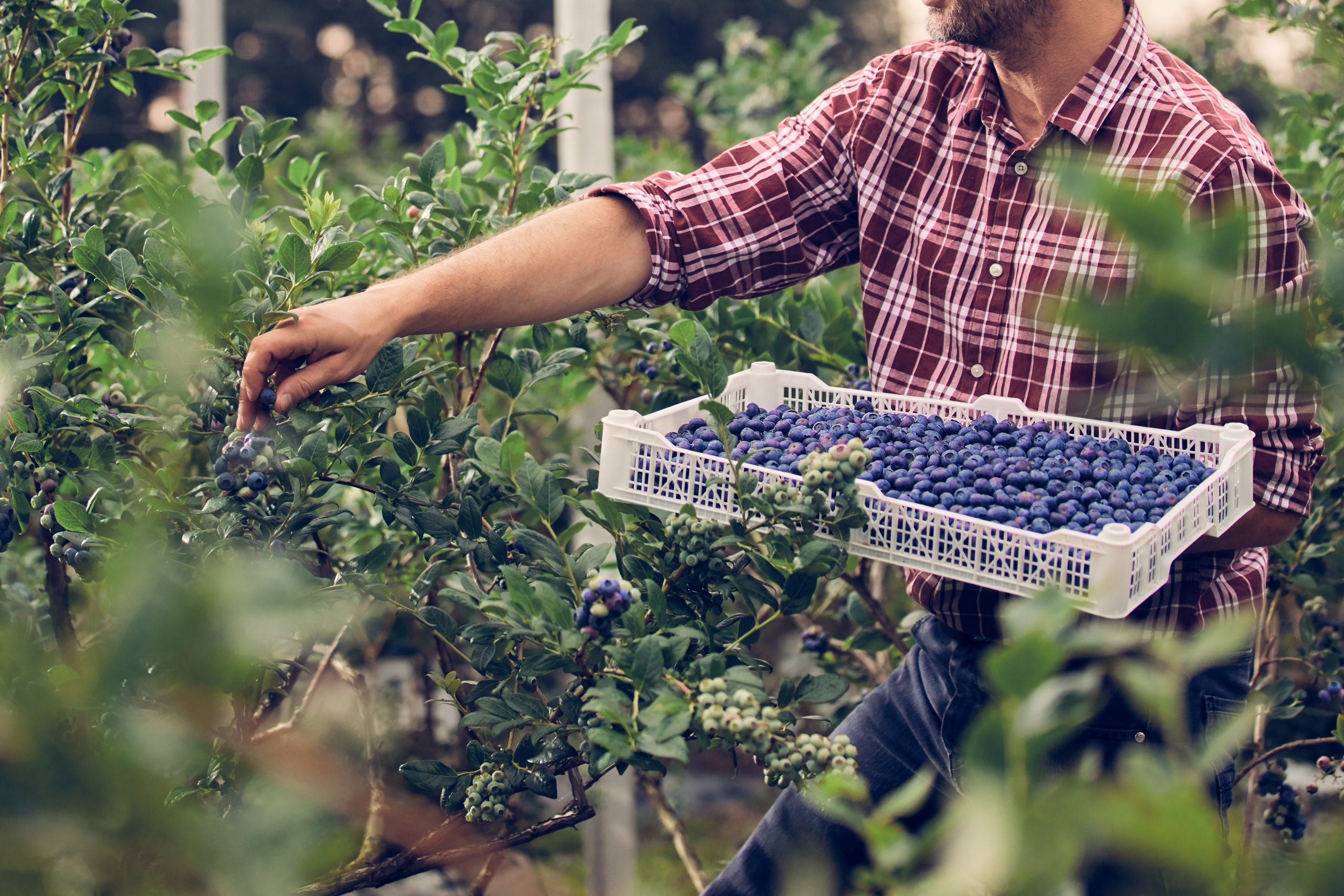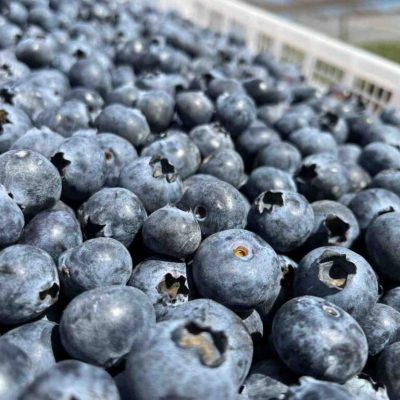AU: Blueberries gather apace
 Things are busy at the blueberry plantations on the Coffs Coast in Australia. Blueberries have replaced the banana as the main fruit in the area.
Things are busy at the blueberry plantations on the Coffs Coast in Australia. Blueberries have replaced the banana as the main fruit in the area.
The fruit’s commercial history in the region commenced in the 1980s, with Blueberry Farms Australia planting on the Corindi Range.
It took a while for things to get established as investors took some convincing that there were returns to be had form such a labour intensive crop. However, when the bananas began to slump in the 1990s the niche the blueberries needed was carved.
The surge was led by the second and third generation of Indian pioneers – people like Iqbal Gill who is in the middle of harvesting his Middle Boambee crop.
“I started in blueberries in 2000 and now have about 32,000 plants on this property and another at Bonville, with another 20,000 yet to go in,” Mr Gill said.
“It’s hard work and it’s very labour intensive but the rewards are there.”
He’s amongst 200 Indian families that have diversified into blueberries from bananas.
“Our biggest issue is getting enough workers with the experience and attitude. There are plenty of backpackers around but we really need people with a hard work and agricultural background.”
When general manager Peter McPherson joined the company in 1986 he had no idea how much pace the “blue revolution” would gather.
“I certainly didn’t foresee the growth that has occurred,” Mr McPherson said. “It has grown beyond all expectations and is now a staggering business.”
McPherson is also a director of the Blueberry growers Association and he says that demand for the fruit has increased 30% year on year, though he said he expected this to slow slightly as more fruit came onto the market.
“Over time I expect production volumes to put pressure on price but there is a lot of innovation within the industry which will sustain returns.
Mr McPherson said the cost of that labour and the high Australian dollar remained the biggest roadblocks to the further expansion of the industry.
“We are now exporting regularly to south-east Asia, Europe and Russia but we still can’t compete on price in the UK market.”
Source: coffscoastadvocate.com.au






